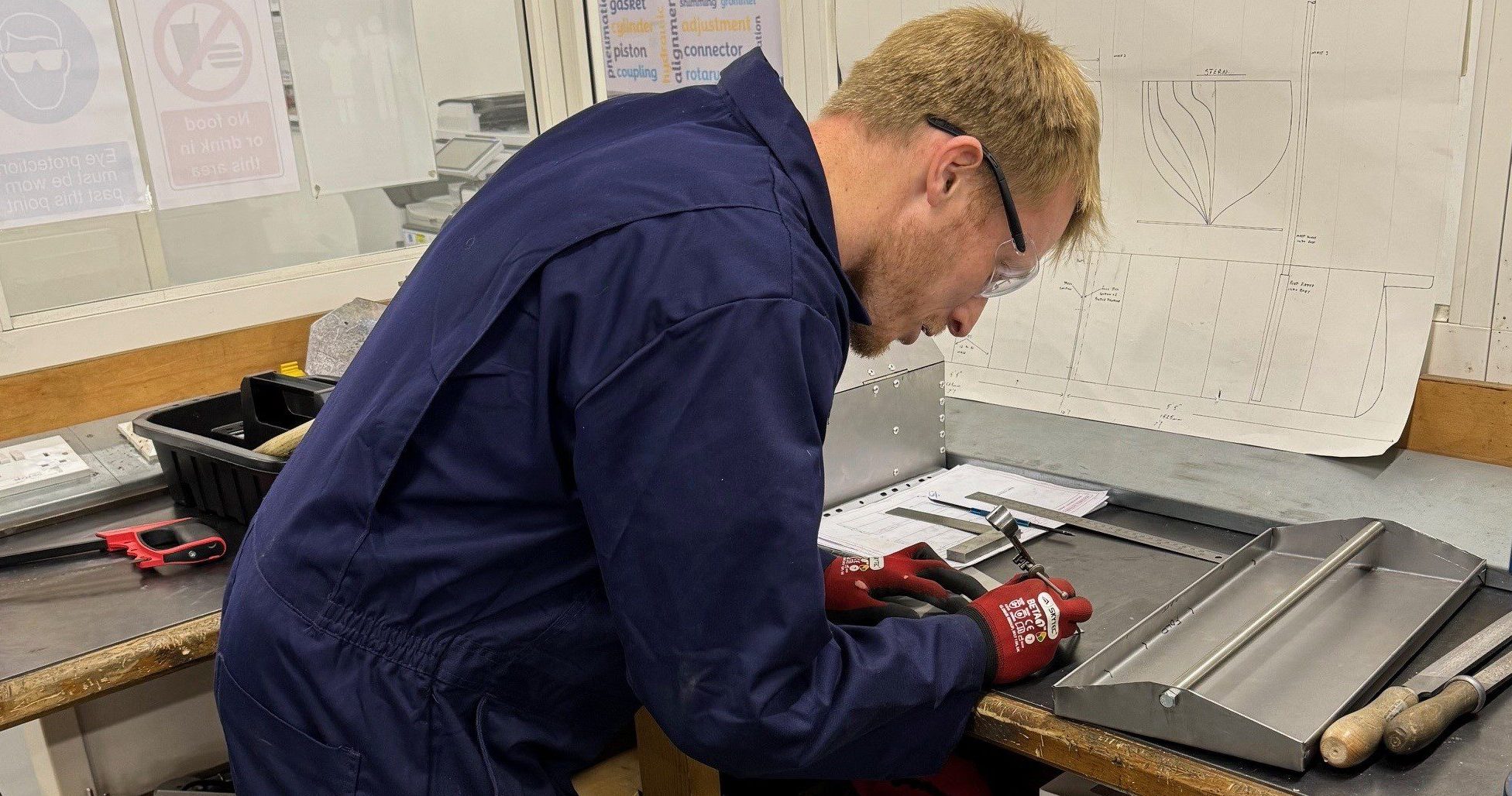The ECITB has responded to the publication of the Government’s Energy white paper: Powering our net zero future
The engineering construction industry skills body welcomes the measures set out in the Energy White Paper, but wants more detail on the workforce requirements, specifically around transitioning skilled engineers from oil and gas into new green energy sectors.

ECITB Chief Executive Chris Claydon
Chris Claydon, ECITB Chief Executive, said: “Today’s Energy White Paper provides further clarity from the Government on how we will achieve an energy transition in the UK and hit our ambitious net zero targets. The post-Covid economic recovery provides a clear opportunity to accelerate the shift to clean energy and the ECITB is pleased to see more detail around the policy levers that will help drive the green industrial revolution, building on the plan set out by the Prime Minister in October.
“We particularly welcome the emphasis on renewable energy alongside a new approach to carbon pricing to drive adoption of CCUS and hydrogen. Nuclear will also play an important role in the energy mix and it’s also encouraging to see the Government formally entering into negotiations on the Sizewell C project.
“A strong supply chain with a skilled workforce will be essential to delivering net zero. We now need to see more detail around the employment and training opportunities for the 220,000 workers required for the transition. Parts of industry are facing significant skills outflows over the next two years, notably oil and gas where a fifth of the workforce could exit the industry for good – and yet many of these workers have the skills and expertise needed. The North Sea Transition Deal presents an opportunity for Government to help industry retain and mobilise the existing engineering skills base for decarbonisation projects, as well as attract the next generation of talent to the energy sector.
“The ECITB is committed to working with the Government to harness the economic benefits for the country that the White Paper promises, both through our work on the Green Jobs Taskforce and in the £25 million investment we make in skills and training each year.”





